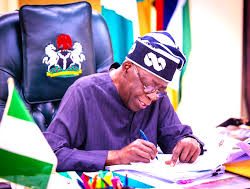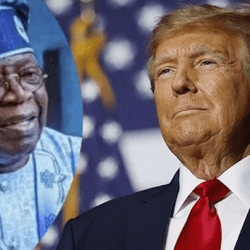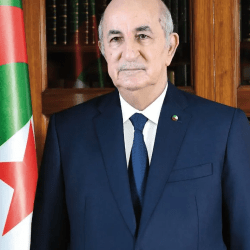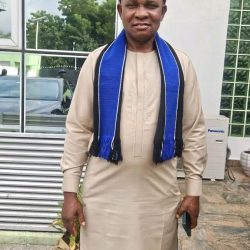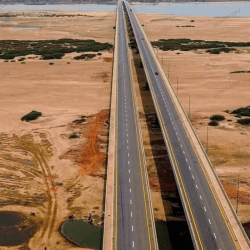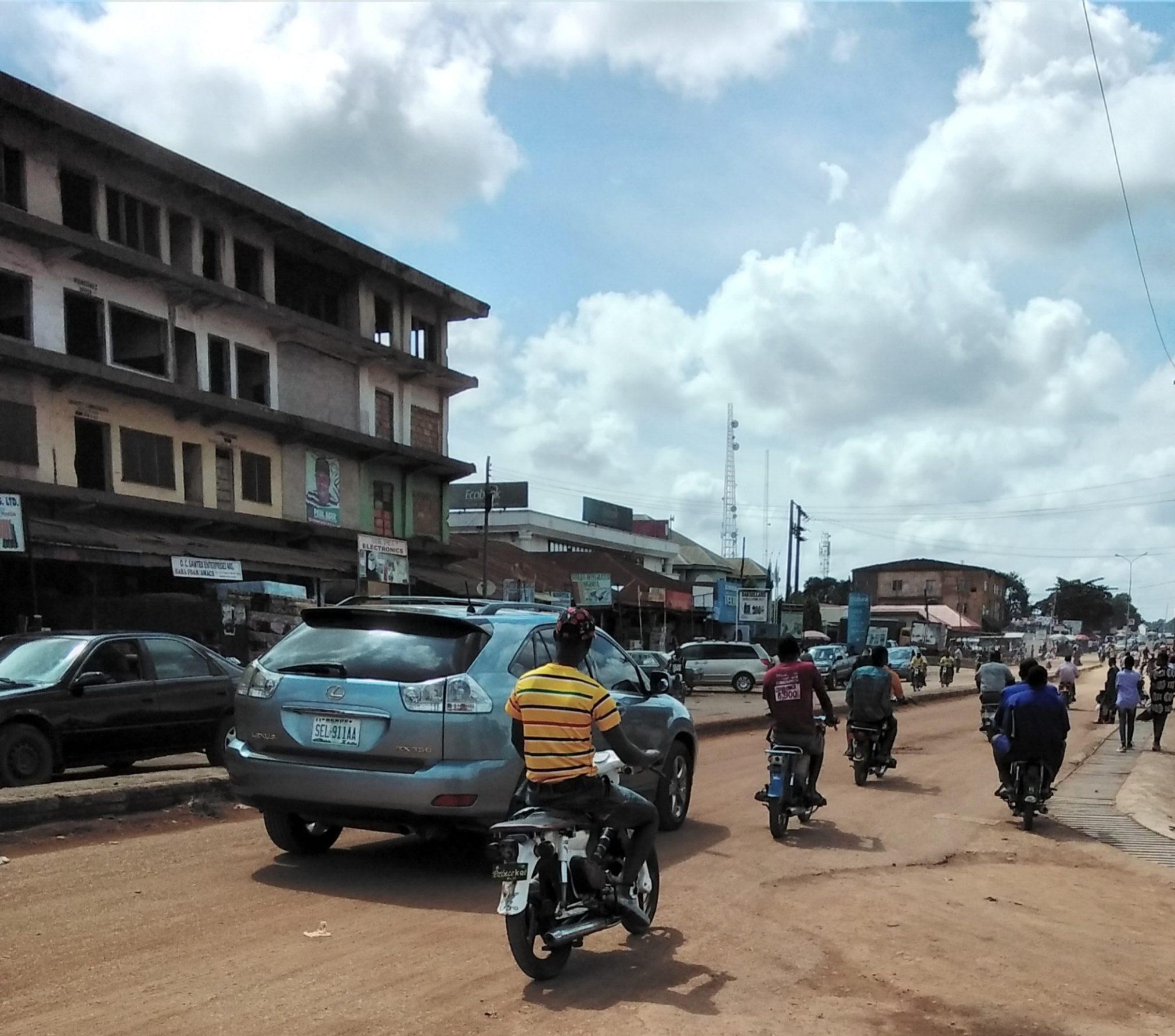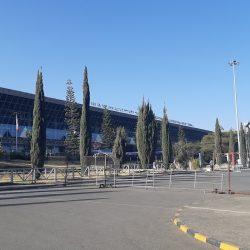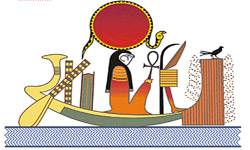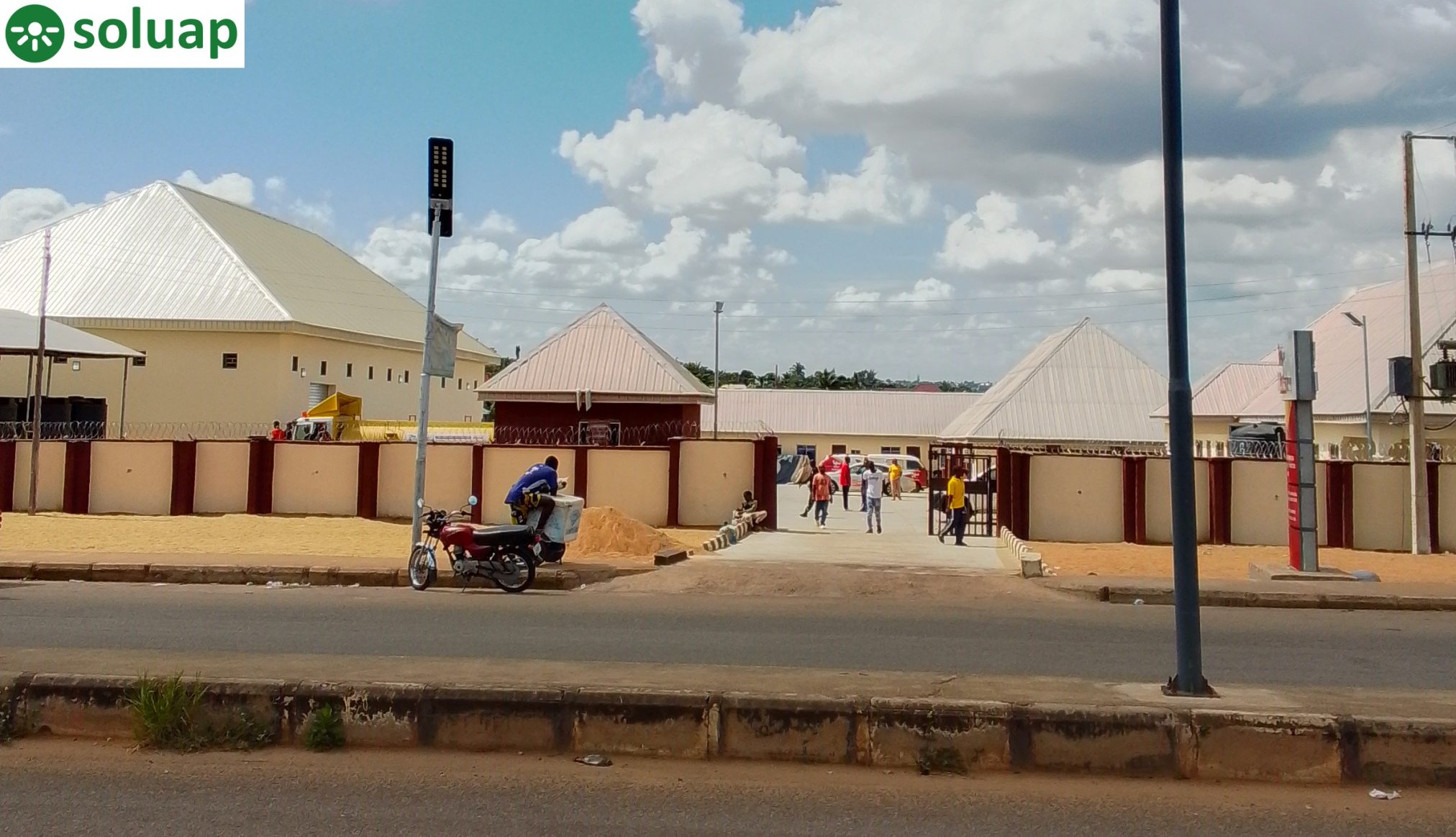Liamine Zeroual, Algeria’s sixth president, served from January 30, 1994, to April 27, 1999, during one of the country’s most turbulent times. A respected military officer turned statesman, Zeroual is remembered for his honesty, sobriety, and leadership during the darkest chapter of Algeria’s modern history—the “Black Decade” of civil conflict. His decision to step down early from the presidency marked him as a rare figure in Algerian politics, one who put national interest above personal ambition.
This article explores the life, career, and legacy of Liamine Zeroual, a man who played a pivotal role in stabilizing Algeria when chaos threatened to engulf it.
Early Life and Entry into the Liberation Struggle
Born on July 3, 1941, in Batna, a city in the Aurès region, Liamine Zeroual grew up in an environment strongly shaped by anti-colonial sentiment. At just 16 years old, he joined the National Liberation Army (ALN) in 1957, committing himself to the Algerian struggle for independence from France.
As part of his revolutionary service, Zeroual received advanced military training abroad. He studied at the Military College in Baghdad, Iraq, before independence, and later continued his training in the Soviet Union. By 1974, he had also attended the French Military Academy, reflecting his wide-ranging military education.
Military Career and Leadership Roles
Following Algeria’s independence in 1962, Zeroual embarked on a distinguished military career. He rose steadily through the ranks of the People’s National Army (ANP), holding multiple high-profile positions:
- Commander of the military school in Batna
- Head of the Military Academy for Various Weapons in Cherchell
- Commander of the Sixth, Third, and Fifth Military Regions
- Commander of Ground Forces within the ANP General Staff
Zeroual’s professionalism, discipline, and modest demeanor earned him the respect of fellow officers and positioned him as a key figure within Algeria’s defense establishment.
In 1989, he resigned as Chief of Staff of the army, distancing himself from the political tensions gripping Algeria at the time. He later served as Ambassador to Romania (1990), but resigned again in 1991 as Algeria spiraled into instability following the cancellation of elections that Islamist parties were poised to win.
Path to the Presidency During Civil Conflict
In July 1993, Zeroual was appointed Minister of National Defense, a crucial role as Algeria descended into civil conflict with Islamist insurgents. His reputation as a pragmatic and honest officer made him a suitable candidate to guide the country through turmoil.
On January 30, 1994, he succeeded Ali Kafi as Head of State, becoming interim president during a transitional period. The challenges before him were immense: terrorism, political paralysis, and an economy in crisis.
Democratic Election and Presidency (1995–1999)
On November 16, 1995, Liamine Zeroual became the first Algerian president to be democratically elected. His election was a critical milestone, offering a glimpse of political legitimacy amid the chaos of the civil war.
Governance During the Black Decade
Zeroual faced the daunting task of governing during the bloodiest period in Algeria’s history, known as the “Black Decade” (1991–2002), when Islamist insurgency and state violence led to the deaths of tens of thousands.
Despite limited resources and deep divisions, Zeroual attempted to:
- Pursue political dialogue between rival factions
- Strengthen the state against insurgent groups
- Maintain sobriety and calm leadership despite unrelenting violence
His presidency is remembered for navigating Algeria through one of its most serious existential crises.
Decision to Step Down Early
On September 11, 1998, Zeroual stunned Algerians by announcing early presidential elections, effectively cutting short his mandate. This decision was rare in Algerian politics, where leaders typically extended their rule.
He stepped down on April 27, 1999, handing power to Abdelaziz Bouteflika, who went on to dominate Algerian politics for the next two decades.
Zeroual’s voluntary departure from office highlighted his democratic principles and his refusal to cling to power amid Algeria’s fragile state. After leaving the presidency, he returned quietly to his hometown of Batna, living modestly and away from the spotlight.
Legacy of Liamine Zeroual
Liamine Zeroual is remembered as a transitional figure—a president who governed Algeria during chaos but chose to step aside rather than pursue indefinite rule.
Positive Aspects of His Legacy:
- First democratically elected president in Algeria’s history.
- Maintained composure during the civil war.
- Demonstrated integrity and modesty in governance.
- Voluntarily gave up power—an exceptional act in Algerian politics.
Criticisms and Limitations:
- Could not fully end the civil war.
- His policies lacked long-term political reforms.
- Overshadowed by the dominance of the military establishment.
Despite these challenges, Zeroual remains one of Algeria’s most respected leaders, admired for his humility and commitment to national unity.

1. Who was Liamine Zeroual?
Liamine Zeroual was Algeria’s sixth president, serving from 1994 to 1999. He was also a decorated military officer and the first democratically elected president in the country’s history.
2. When was Liamine Zeroual born?
He was born on July 3, 1941, in Batna, Algeria.
3. What role did Zeroual play in the Algerian Revolution?
At just 16, Zeroual joined the National Liberation Army (ALN) in 1957 and fought in Algeria’s independence war against France.
4. Why did Zeroual resign early from the presidency?
He announced early elections in 1998 because of political tensions and his belief that Algeria needed fresh leadership.
5. What was the main challenge during Zeroual’s presidency?
He governed Algeria during the “Black Decade”, a brutal civil war between the government and Islamist insurgents.
6. Where did Zeroual go after leaving the presidency?
He returned to his hometown of Batna, where he lived a quiet, modest life.
Liamine Zeroual’s presidency was marked by restraint, dignity, and commitment to Algeria’s survival. Governing during the height of civil war, he managed to uphold the state while maintaining his integrity. His voluntary resignation in 1999 set him apart as a leader who refused to overstay his mandate.
In the broader context of Algeria’s history, Zeroual stands as a transitional president—less flashy than his predecessors and successors, but deeply respected for his honesty and sense of duty.
